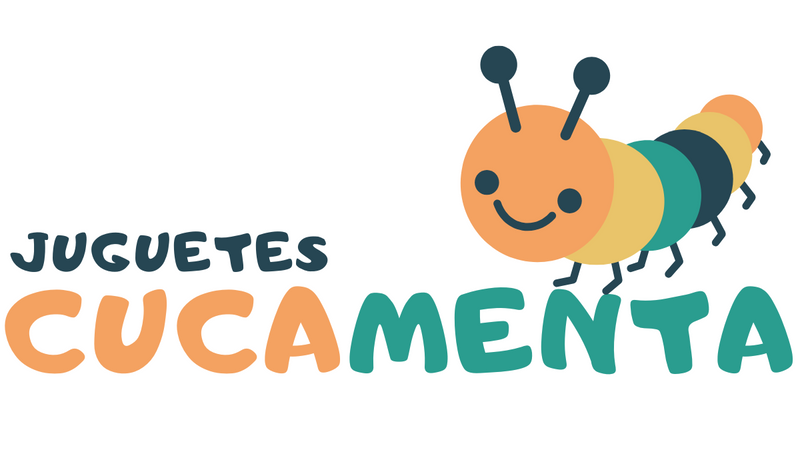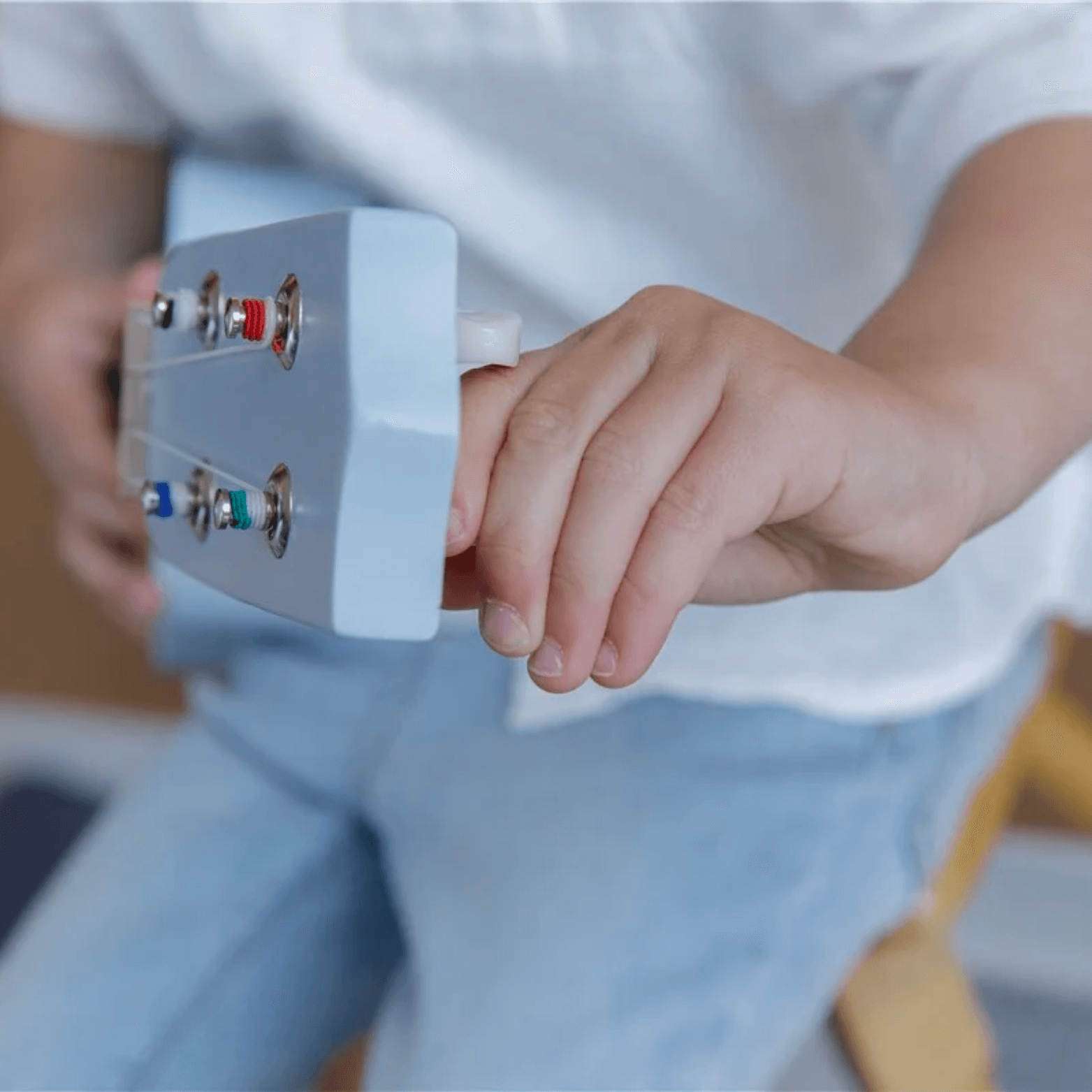Many phrases shed light on the power of music. They say that without it, life would be a mistake, that it is the soundtrack of life, that it tames the beasts and that it acts as a mediator between the spiritual world and that of the senses.
To instill love and sensitivity for it, musical education is essential. Last week the calendar left us a key date that is very symbolic and special for Cucamenta: Santa Cecilia, patron saint of musicians and poets . Every November 22, the day is commemorated around this martyr, who was proclaimed a saint in 1584 by Pope Gregory XIII. Sixtus V soon founded the Academy of Saint Cecilia in Rome, a pious congregation of musicians.
Musical education in childhood is key to lighting the flame of interest in this discipline, not only in the practice of a specific instrument but in a broader sense, since music also improves intellectual abilities, memory, and imagination. , creativity, vocabulary or social skills.
It is also a balm for the mood, a great companion for concentration and a vehicle for children's relaxation and introspection , but also for belonging to the group and working with their peers.
7 benefits of music education for children

- Improves coordination and fine motor skills : In addition to the sense of hearing, learning to play an instrument involves improving hand-eye coordination, ear-hand coordination and fine motor skills, so necessary in the subsequent stages of your life journey.
- It is important for language development : Learning music involves the same parts of the brain involved in learning language. Singing, embracing new melodies, and picking up an instrument helps process and understand sound. In addition, research from the University of Washington indicates that listening to music at 9 months of age helps the baby better process musical notes and language. “It is the first to suggest that by experiencing the rhythms of the melody it is possible to detect and make predictions about the patterns of language,” say the authors.
- Musical learning stimulates concentration and memory: When handling an instrument and receiving musical education, physical and mental memory is worked on thanks to repetition.
- Key to complex reasoning and mathematical skills : Musical training is also very important for developing fundamental mathematical skills: scales, scores and chords help with pattern recognition.
- Social and emotional benefits: Music education improves discipline and teamwork, sense of community, self-confidence and self-esteem.
- Physical dexterity : Especially when combined with dance, music promotes sensory stimulation, muscle development and balance. Instruments such as wind instruments and singing techniques also encourage good breathing, improving lung capacity.
- Boost for creativity: A 2017 study reveals that listening to happy and stimulating music improved people's ability to carry out activities that involved divergent thinking, recognizing patterns and applying their details. In addition, playing an instrument helps you think outside the box, block distractions, solve existing problems and have your own and original ideas when composing.
How to stimulate children's interest in music

- It is important to expose children to various styles of music , encouraging them to listen to songs from birth (or better yet, from pregnancy).
- Professionals should be aware of the stages of cognitive development related to music , from the repetition of simple rhythms to the subsequent ability to learn melodies or song lyrics.
- Musical stimulation, also at home. You can do this through educational music toys, such as musical activity tables , the connectable drum , the Magic Touch guitar , harmonicas with lights or children's pianos . You can also try their first guitar or xylophone , or a set of musical instruments ideal for the little ones in the house.
- It is advisable to encourage the boy or girl, if they show a great interest in music, to learn to play an instrument, rehearse on their own, take classes, sign up for the conservatory or participate in a choir.
- Going to concerts - both pop and classical music, opera, jazz and any musical style that the child likes - is another great activity to do as a family. There are also specific music camps for vacation periods.


0 comments